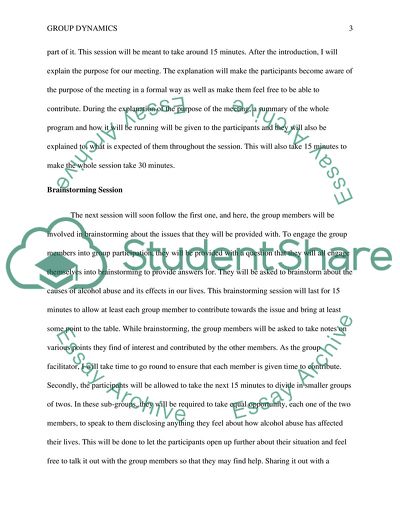Cite this document
(Alcohol Abuse Group Treatment Term Paper Example | Topics and Well Written Essays - 1750 words, n.d.)
Alcohol Abuse Group Treatment Term Paper Example | Topics and Well Written Essays - 1750 words. https://studentshare.org/psychology/1876362-final-course-project
Alcohol Abuse Group Treatment Term Paper Example | Topics and Well Written Essays - 1750 words. https://studentshare.org/psychology/1876362-final-course-project
(Alcohol Abuse Group Treatment Term Paper Example | Topics and Well Written Essays - 1750 Words)
Alcohol Abuse Group Treatment Term Paper Example | Topics and Well Written Essays - 1750 Words. https://studentshare.org/psychology/1876362-final-course-project.
Alcohol Abuse Group Treatment Term Paper Example | Topics and Well Written Essays - 1750 Words. https://studentshare.org/psychology/1876362-final-course-project.
“Alcohol Abuse Group Treatment Term Paper Example | Topics and Well Written Essays - 1750 Words”. https://studentshare.org/psychology/1876362-final-course-project.


